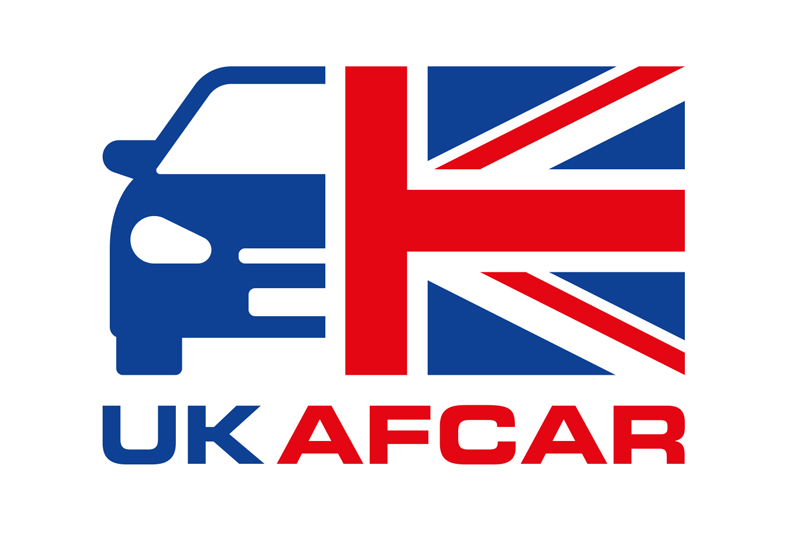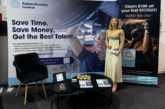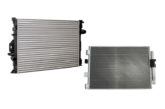
A coalition, comprising automotive trade associations and commercial organisations, has been formed to lobby the UK government on upholding the rights of the independent aftermarket and consumers in the post-Brexit era.
The UK Alliance for the Freedom of Car Repair (AFCAR), derived its name from the European group of the same name. It will lobby across a number of policy issues, most notably the Motor Vehicle Block Exemption Regulations (MV-BER), Vehicle Type Approval (including access to Repair & Maintenance Information) and Cybersecurity. The coalition will also tackle other issues that affect the competitiveness of the automotive aftermarket and freedom of choice for the motorist and business users.
Participating in a recent round table event with the Competition and Markets Authority (CMA), UK AFCAR members highlighted the effectiveness of the UK independent automotive aftermarket and its contribution to the UK economy. The aftermarket directly employs over 350,000 skilled staff in around 50,000 locations, with independent repairers providing readily-available, cost-effective, local service, consistently achieving the highest customer satisfaction ratings.
The group will call on the UK Government for the automotive aftermarket to continue to receive independent and direct access to the vehicle and its data, technical information, the ability to supply spare parts that match or exceed original equipment quality, and perform service, maintenance and repair (SMR) work to vehicles as part of an open, competitive and transparent marketplace.
The group will also advocate that the ‘principles’ afforded to the independent aftermarket under the MV-BER, which expires in 2023, should be renewed with appropriate modernisation. These principles also apply to the ‘repair and maintenance information’ (RMI) requirements contained in the latest vehicle type approval Regulation (2018/858), which specifically includes access to the vehicle, its data and technical information.
While the MV-BER makes consumer choice possible, various technical and market changes put the UK automotive aftermarket at a disadvantage, which will reportedly be to the long-term detriment of motorists, as well as vehicle and mobility service operators.
UK AFCAR also reported to the CMA that more replacement spare parts are being taken out of the competitive arena and are being classified as ‘captive’ parts. In response to this it has put forward several recommendations that promote greater choice for the consumer, while at the same time providing independent repairers with direct access to key vehicle functions, including ADAS and EV systems.
Overall, the group has called for much greater enforcement of the requirements for both the MV-BER and Type Approval regulations, preferably through an expert, properly resourced section of the CMA or via a truly independent Ombudsman.
Mark Field, IAAF Chief Executive, said: “The coming together of such a wide group of trade associations and businesses underlines what’s at stake for the automotive aftermarket. Independent access to information, an effective parts supply chain, competition and a vibrant Small and Medium Enterprises (SME) landscape are critical to keeping millions of vehicles roadworthy and ensures the consumer benefits from choice and affordable mobility.”
Supporting Associations:
- ABP (Association of Bodyshop Professionals)
- GEA (Garage Equipment Association)
- IAAF (Independent Automotive Aftermarket Federation)
- NTDA (National Tyre Distributors Association)
- UKLA (UK Lubricants Association)
- A representative from the SMMT (Society of Motor Manufacturers and Traders) also attends meetings, on behalf of the Society’s aftermarket members
- Commercial organisations include the AA, AAG (Alliance Automotive Group), Halfords, LKQ Euro Car Parts, Kwik-Fit and the RAC









